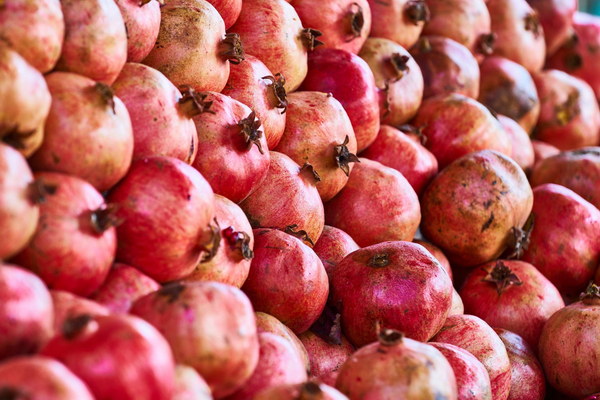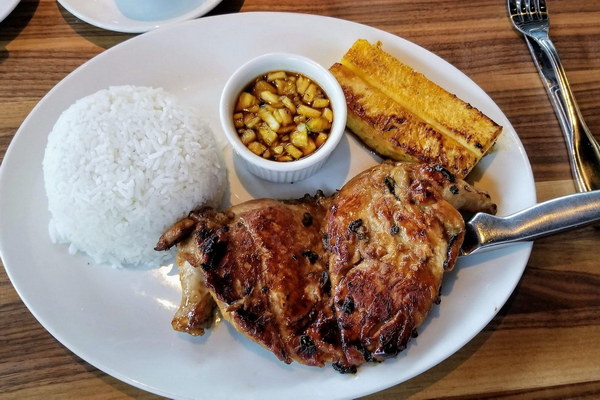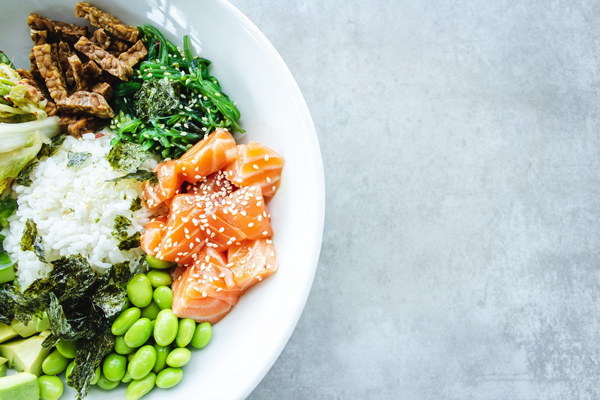The Timeless Elixir Exploring the Healing Power of Guangdong Soups
In the heart of Guangdong, a region renowned for its rich culinary heritage, lies the art of crafting soups that not only tantalize the taste buds but also provide a multitude of health benefits. Guangdong soup culture is a testament to the ancient Chinese belief in the healing properties of food. This article delves into the world of Guangdong soups, exploring their unique characteristics, health benefits, and the traditional methods used in their preparation.
Guangdong, often referred to as Canton, boasts a diverse climate and a diet that reflects its location. The coastal region is known for its seafood, while the interior features an abundance of vegetables and herbs. This varied landscape has given rise to a wide array of soups, each designed to cater to specific health needs and seasonal changes.
One of the most characteristic features of Guangdong soups is their use of a soup base, which is a combination of chicken, pork, and/or seafood, often simmered for hours to extract maximum flavor and nutrients. This base is then seasoned with a variety of ingredients, such as ginger, scallions, goji berries, and mushrooms, to create a harmonious blend of flavors and health benefits.
One popular Guangdong soup is the Congee, a thick, creamy rice porridge that serves as a staple in the region. Congee is often consumed for breakfast or as a light meal, and it is believed to be easy on the stomach, making it an ideal food for those recovering from illness. The soup is often garnished with finely chopped scallions, a sprinkle of sesame oil, and a few slices of ginger, which add a subtle aroma and a hint of spiciness.

Another well-known soup is the Shou Sui Tang, or Elderly Soup, which is particularly popular among the elderly for its supposed health benefits. The soup typically features a variety of ingredients such as pork bones, seaweed, lotus seeds, and goji berries. These ingredients are believed to nourish the kidneys, improve digestion, and boost the immune system.
The Gui Fei Tang, or Melon Seed Soup, is another Guangdong specialty that is both cooling and nourishing. Made with melon seeds, honey, and ginger, this soup is believed to help alleviate coughs and respiratory issues, as well as to promote a healthy complexion. The melon seeds, known in traditional Chinese medicine as Xia Ren, are said to have a cooling effect on the body and are often used to treat heat-related conditions.
The preparation of Guangdong soups is a meticulous process that requires time and patience. The ingredients are carefully selected and measured, and the soup is slowly simmered to allow the flavors and nutrients to meld together. This traditional method of cooking ensures that the soup is not only delicious but also retains its healthful properties.
In addition to the health benefits, Guangdong soups are also a social affair. It is common for families to gather around the table and share a pot of soup, fostering a sense of community and togetherness. The act of cooking and enjoying soup together is a way to connect with one's roots and honor the region's culinary traditions.
In conclusion, Guangdong soups are more than just a meal; they are a symbol of the region's rich heritage and a testament to the power of food as medicine. With their diverse range of ingredients and health benefits, these soups continue to be a cherished part of Guangdong's culture and a source of nourishment for its people.









